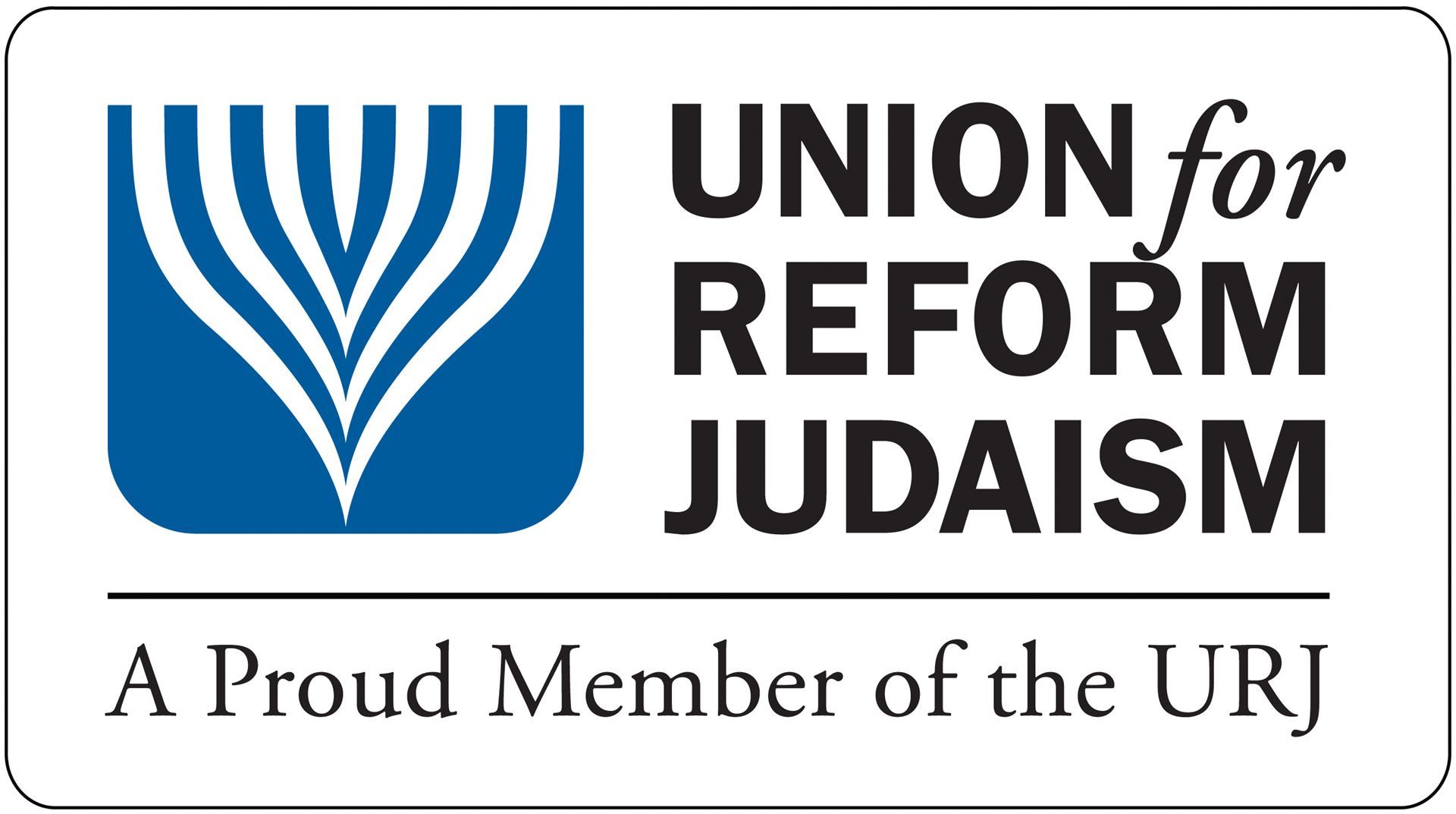Nov. 20, 2025
Dear Friends,
I know you will be very impressed when Grades 4-7 creatively combine to lead our Shabbat Evening Family Service (7:00 PM- note earlier time). A pot-luck Shabbat dinner for these grades will be held beforehand.
The first elections and legislation after Israel declared independence in 1948 had a profound impact on the new Jewish state, as did the ingathering of Jews from around the world. That is the subject of our Shabbat Morning Torah Study (10:00 AM).
Our new Adas Emuno Travel Club will have its inaugural presentation this Sunday (10:30 AM). Peter Buxbaum (our vice-president, who also gave a wonderful High Holiday appeal) will speak of his multiple trips to Poland to explore his family's roots. Plenty of history and bagels to be served in the social hall!
The annual Leonia Interfaith Thanksgiving Service takes place on Tuesday, Nov. 25 (7:00 PM) at All Saints Episcopal Church (150 Park Ave). I will be giving the sermon this year and Cantor Suzy will participate. This is the really the only time during the year that we join with our fellow Leonians, and we appreciate your support.
Shabbat shalom,
Rabbi Schwartz


